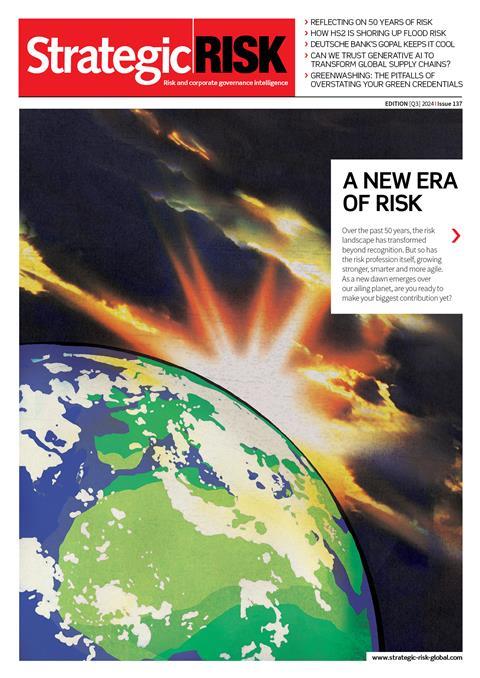On 19 February 1998, the electricity supply to the Auckland central business district (CBD) in New Zealand failed. It was the start of a crisis that eventually lasted weeks. Although the failure came as a surprise, the cause was relatively straightforward - the progressive breakdown of the four power cables supplying the CBD. For those living and working in the area, the effects of being without electricity were shocking. What had begun as an inconvenience soon developed into a very serious problem: streets piled high with decaying food, electronic financial transactions halted and people were incarcerated in high rise buildings with no light, sanitation or water.
For businesses and shops, the power failure had an enormous impact. Almost 100,000 people were directly affected. There were serious consequences for the entire economy. Six years later, the CBD is once again flourishing and for many people the crisis is no more than a memory. However, the Auckland power outage has special relevance to terrorism risks.
Today's society is a complex web of technologically advanced and highly integrated systems. In this complex environment, any significant system failure has an instant and serious effect. Paradoxically, the problem is worsened by advances like quality systems and just-in-time technologies.
If everything always works first time every time, there is no need to make preparations for failures that won't occur.
Parallels with terrorism
My exploratory research in 2003 considered the problem of infrastructure denial through terrorism by examining the power failure in CBD. The theoretical basis of the study and the assertions it makes lie in a novel application of the concept of isomorphism or sameness in systems. By viewing the physical features of modern cities and the social interactions within them as nothing than more than complex, interactive systems, isomorphic theory can be used to predict indicative likely behaviours. The New Zealand study concludes that because of these isomorphic qualities, the consequences of an accidental power failure in Auckland would be little different to a deliberate power outage elsewhere.
It became apparent that few essential services are more exposed than the electricity supply network. For most developed nations, the consequences of a targeted power failure could be extremely serious and certainly as newsworthy as a bombing or chemical attack. Witness the outcry following just 40 minutes of power outage in south London in August 2003 or the chaos in the United States and Canada when a technical fault cut off power to the entire eastern seaboard.
The research further suggests that since social interactions like terrorism also possess isomorphic qualities, then terrorist behaviour also contains an element of predictability. It is these system features that risk managers and the authorities can use to mitigate risk and assess whether risk control measures are likely to be effective.
A question for risk managers and officials is which event might have the most serious strategic and long term consequences for a business or an economy: a city centre bombing or a major power outage lasting weeks?
Eugene Johnson is deputy chief fire officer, Wiltshire Fire Brigade, and a fellow of the Institute of Risk Management (IRM).
CRITICAL NATIONAL INFRASTRUCTURE
Sir David Omand, head of security and intelligence at the Cabinet Office, posed the question of how key interdependencies between sectors of the economy could introduce vulnerabilities when he spoke at the Royal United Services Institute (RUSI) homeland security and resilience programme conference on 1 July 2004. "What are the characteristics of networked societies?
Are they more or are they, if properly planned, in important respects less vulnerable to disruption?" he asked.
Among the obvious characteristics that need to be taken into account are:
- The speed and penetration of global communications.
- Tightly coupled markets that can transmit shocks instantly around the globe.
- Known vulnerabilities of complex information infrastructure, for example controlling logistic systems or power grids.
- Commercial pressures on the boardrooms that now control most of the critical national infrastructure.
Said Sir David, "Our knowledge of these inter-relationships is far from complete. I know of no full mapping of an advanced economy anywhere in the world, or even of a manageable methodology for obtaining one. But we have been able to reassess our arrangements in the UK for identifying those parts of national infrastructure that are essential to the maintenance of normal life.
This critical national infrastructure has now been broken down into ten sectors (telecommunications, energy, finance, health, water and sewerage, food, transport, emergency services, government services and hazards and public safety), and within each there is a dialogue underway with industry bodies to discuss vulnerabilities, resilience, and protective security issues, according to Sir David. "And security in this context means physical, personnel and information security."

















